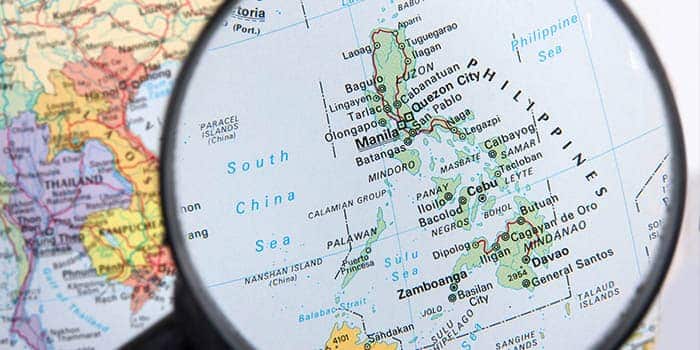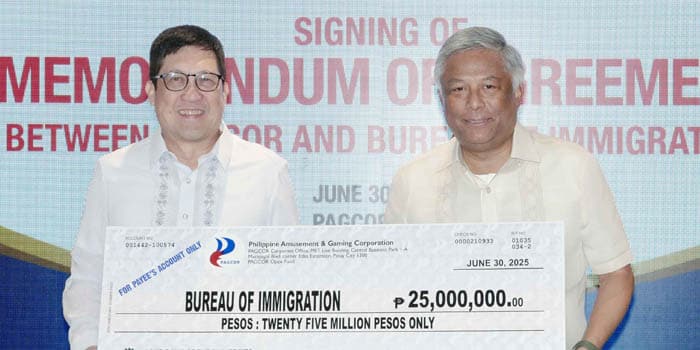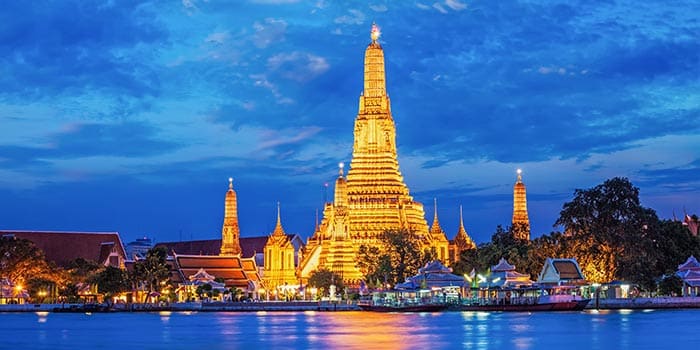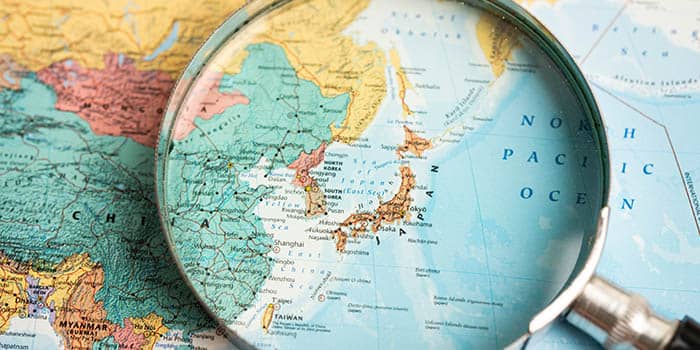- Casino
- By State
- Alabama
- Alaska
- Arizona
- Arkansas
- California
- Colorado
- Connecticut
- Delaware
- Georgia
- Florida
- Hawaii
- Idaho
- Illinois
- Indiana
- Iowa
- Kansas
- Kentucky
- Louisiana
- Maine
- Massachusetts
- Maryland
- Michigan
- Minnesota
- Mississippi
- Missouri
- Montana
- Nebraska
- Nevada
- New Hampshire
- New Jersey
- New Mexico
- New York
- North Carolina
- North Dakota
- Ohio
- Oklahoma
- Oregon
- Pennsylvania
- Rhode Island
- South Carolina
- South Dakota
- Tennessee
- Texas
- Utah
- Vermont
- Virginia
- Washington
- West Virginia
- Wisconsin
- Wyoming
- By State
- Slots
- Poker
- Sports
- Esports
Japanese House Rep. Asks How Chinese Blacklist Would Impact Integrated Resorts

The Chinese government expands its travel ban on gambling destinations but has not revealed the list publicly. Speculations as to why the list is necessary vary from protecting Chinese citizens to stop spending money abroad, making Japan question whether its upcoming Integrated Resort would fall within the blacklist.
Japan Silent on China’s Upcoming Gambling Blacklist
The Japanese government has chosen to remain silent on a question raised by Kenji Eda, a House of Representative member who asked whether authorities had clarity if China would choose to add Japan’s upcoming Integrated Resort (IR) as one of the territories prohibited to Chinese citizens for fears of gambling outflow and kidnappings.
Presently compiled by authorities in Beijing, the list would prohibit Chinese citizens to travel to overseas destinations for the purposes of gambling. Rather, the country would prefer to keep the estimated $150 billion gambling money outflow closer to home and Macau.
It would also introduce criminal sentences for individuals who facilitate such trips. The traveling blacklisting system would make it impossible for Chinese citizens to visit specific cities around the world that are associated with gambling, and Japans’ Integrated Resort may be one of those.
Commenting in his personal blog, Eda wanted to know if well-to-do Chinese players would be stopped from playing in the IR, the location of which has not yet been selected. Usually known as some of the biggest spenders in East Asia, Chinese gamblers are a target audience to any casino resort in the region, whether this is the Philippines, South Korea, Cambodia, and soon Japan.
China has exerted a lot of soft power to make sure that its residents are safe and that countries rein in their gambling industries with a less China-targeted approach. China has particularly stepped up its efforts in Cambodia and the Philippines where it has intervened on numerous occasions to restrict gaming
Canceled Flights and Banned Jurisdictions
China has expanded its blacklist on cities and destinations that are hotspots for casinos and gambling. The travel blacklist was first introduced in August 2020 with the allegations that casinos abroad are targeting Chinese citizens and threatening the safety of their property and wellbeing.
China’s Ministry of Culture and Tourism is working with other departments to identify such countries and add them to the list. However, those destinations have not been revealed publicly.
One of the reasons being that Beijing has banned gambling on the mainland other than their state lottery and they are trying to scare the would-be gamblers who might think twice before traveling abroad to gamble.
Loan Sharks and Kidnappings
Another reason for this blacklist is the despicable way criminal syndicates lure Chinese citizens to travel abroad, gamble, and end up kidnapped and their lives in grave danger.
Police Lt. Col. Elmer Cereno of the Philippine police departments Anti-Kidnapping Group (AKG) described two ways how those criminals operate. One way is to use a junket-style method where Chinese gamblers are recruited, their travel and gambling money is paid and in return, a full refund plus a 20-30% interest is paid back.
In cases where the gambler loses and cannot pay back, the criminals kidnap them and coerce their relatives to pay the money back with the threat of violence. A second method Cereno described is to lure rich Chinese to the Philippines under a false pretense that the trip is an investment opportunity that turns into a kidnapping and ransom scenario.
Billions Spent on Gambling
Liao Jinrong, an official at China’s Ministry of Public Security, spoke about an outflow of around $146 billion which goes to land-based and online casinos. Chinese authorities have expressed concerns that such a huge out-source of money, much of it in digital currency, might pose a threat to the Chinese economy.
Liao urged financial outfits to step up their policing on digital currency with the threat of punishment if they fail to do so.
Authorities have also given a record fine to online gambling payment processors to make others reconsider their actions.
Related Topics:
Mike made his mark on the industry at a young age, consulting for companies that would later become regulators. As one of the lead editor of Gambling News, he dedicates his weekdays to this project, aiming to educate the masses on the latest developments in the gambling circuit. His expertise and passion for the industry make him an invaluable asset to our team.
Previous Article

Casino
February 22, 2021
MGC Pursuit of Executive Director Continues Amid Controversy

Next Article


Casino
February 22, 2021
Alabama Senate May Discuss Casino and Lottery Legalization This Week
Must Read
Casino
July 8, 2025
WinStar Casino Shooting Suspect Still Missing
More Articles




Industry
July 6, 2025
Macau Contemplates Axing Gambling Ads
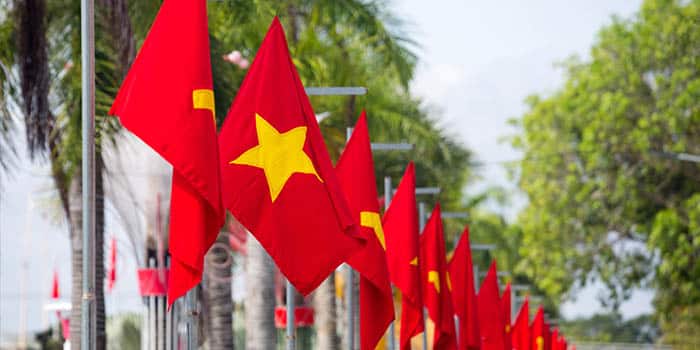
Casino
June 30, 2025
Vietnam Greenlights $2B Van Don Casino Resort
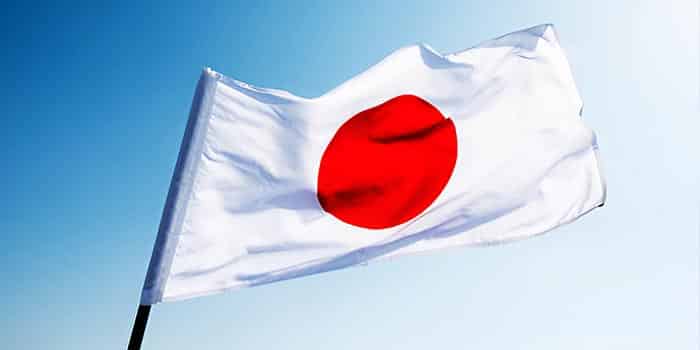
Casino
June 26, 2025
Japan Signals New Expansion Phase for Casino Resorts





